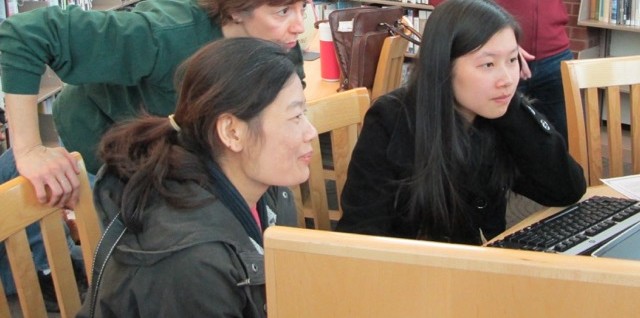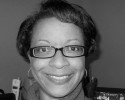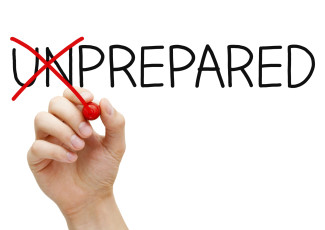How One City Created a College-Going Culture
By Sonya Stinson
December 10, 2015
In Rochester, New York, the community is helping people see themselves as college students and getting through the application process.
When the Rochester College Access Network (RCAN) inaugurated its FAFSA Fest in February 2014, the intention was to help more high school students in the upstate New York community get a jump-start on submitting their college financial-aid forms. Students who apply by March have a much better chance of getting scholarships than do students who wait.
The tactic seems to have paid off for RCAN, an organization founded in 2013 to boost the number of Rochester-area students who attend college. Between March 2014 and March 2015, the number of local students submitting FAFSA forms increased by 9 percent. This year, RCAN is using a similar early-bird theme in a new initiative.
“At this point, we’re involved in helping to support 10th-grade college visits, the thinking being that if you wait until 12th grade, which is when a lot of people take kids to visit colleges for the first time, it’s late,” says Patricia Braus, RCAN chair and executive director of the Rochester Education Foundation, which runs the network.
The FAFSA Fest, a citywide event hosted by Monroe Community College (MCC), local libraries and high schools that offer free assistance with completing financial-aid forms, will continue as RCAN’s signature program. Using multiple venues was a strategic move.
“We wanted to offer events that were near people’s homes so they could get there easily,” Braus says.
Marketing financial-aid help
Marketing for the event has included radio ads and even church bulletins, but RCAN leaders saw room for greater outreach. This year, for the first time, the network is enlisting a local organization that assists low-income people with tax preparation to help promote the FAFSA event.
RCAN also operates RochesterCAN.org, which features information about regional colleges and universities and provides a calendar of events that includes college fairs and deadlines. Launching the website and keeping it up to date with relevant information turned out to be one of the biggest challenges of running the network.
“Creating a website is about 50 times more work than I ever thought it would be — and I’m just talking about writing the content,” Braus says.
But that content is crucial, because a key goal of RCAN is to fill the information void that prevents many local students and their parents from even seeing college as a possibility.
“I think what is really surprising to me is that there are many, many young people and families in our community who just feel that college is completely out of reach for them,” Braus says. “They don’t know our local community college is in reach, and many other colleges as well.”
Braus says that any community aiming to create a college-going culture must focus on closing that knowledge gap.
“It’s important to have a big community conversation about everything from the fact that a really good student does have many options and will likely get scholarship money, to the whole debate about what is affordable,” Braus says. “How do you afford college? How do people get loans? How do they pay loans back? These are issues that are critical.”
Braus notes that some parents and students might be skeptical if messages promoting investment in higher education were coming from the colleges alone. But if business people and community leaders joined the chorus, those parents and students might be more receptive.
“We know there are a lot of misconceptions out there about college, about the affordability of college, about the worth of college,” she says. “People are justifiably worried about debt, which is why we think the community approach can be so helpful.”
Photo courtesy of RCAN FAFSA Fest







